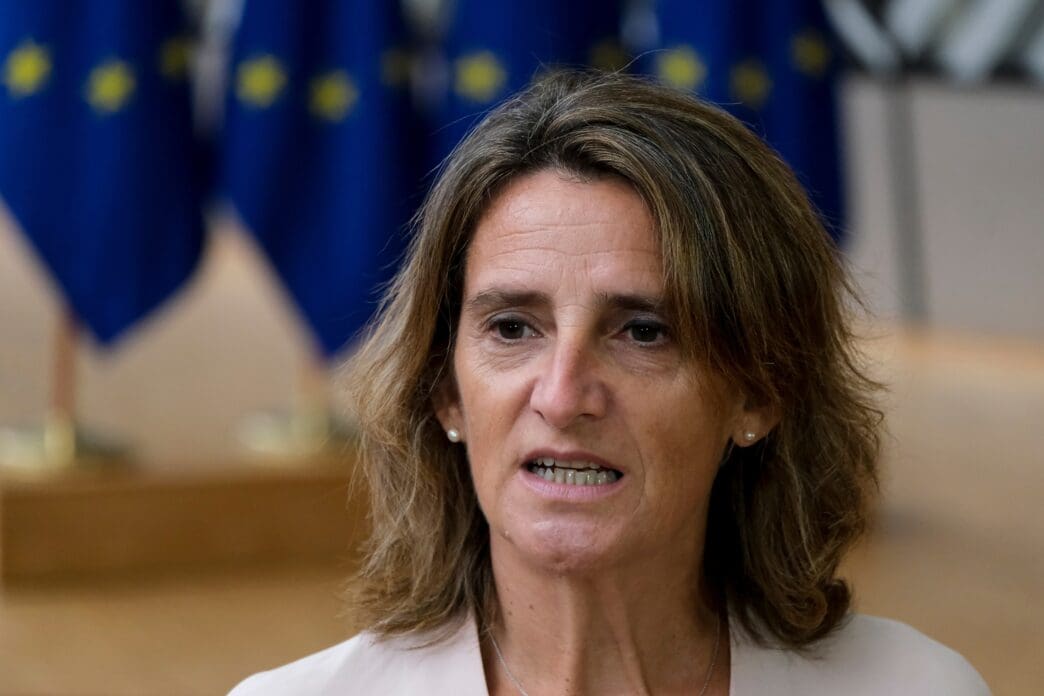Executive Summary
The Story So Far
Why This Matters
Who Thinks What?
The European Union on Wednesday urged “all parties” to uphold the Gaza ceasefire, a call that followed strong condemnation of recent Israeli air strikes by a senior EU official, European Commission Vice President Teresa Ribera, highlighting the bloc’s internal divisions on the conflict. Ribera stated that a “chance for peace” was needed, “not excuses for new strikes,” after more than 100 people were reportedly killed in the Palestinian territory.
EU Commission’s Official Stance
The EU’s executive arm reiterated its official position, calling on all parties to respect the ceasefire. Commission spokesman Anouar El Anouni emphasized the importance of fully committing to all phases of the plan to end the conflict and refraining from any actions that could jeopardize the agreement. He concluded by asserting that “there is no military solution to this conflict.”
Senior Official’s Criticism
In contrast to the Commission’s more generalized statement, Vice President Ribera, a former member of Spain’s socialist government, directly criticized Israel’s actions in a social media post. Her remarks were not formally echoed by the EU executive. Ribera, whose portfolio does not include foreign policy, had previously described the war in Gaza as a “genocide” last month, positioning her among Europe’s more critical voices regarding Israel’s operations.
Recent Strikes and Casualties
The EU’s call and Ribera’s criticism came after Israel conducted air strikes on dozens of Hamas targets. Israel stated these strikes were in response to Hamas breaching a ceasefire, which began on October 10, by allegedly not returning the bodies of deceased hostages swiftly enough and killing an Israeli soldier. Gaza’s civil defence agency reported that these latest strikes resulted in over 100 fatalities, including at least 35 children, a toll corroborated by an AFP tally of medical sources.
Internal EU Divisions
The varied responses underscore the delicate balancing act the EU executive performs concerning the Gaza conflict. The 27-nation bloc remains divided, with some member states offering strong support for Israel while others demonstrate greater sympathy for the Palestinian cause.
Continued Calls for Peace
The EU continues to advocate for a peaceful resolution to the conflict, urging all actors to prioritize de-escalation and adherence to the agreed-upon ceasefire. The divergence in rhetoric from within the Commission reflects the complex political landscape surrounding the Middle East crisis.








